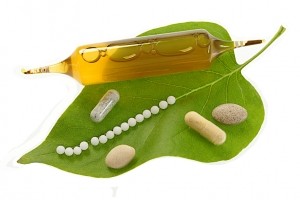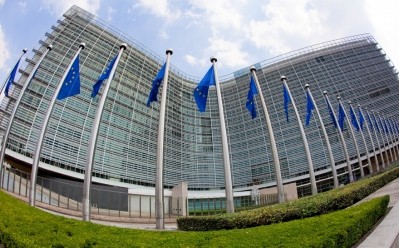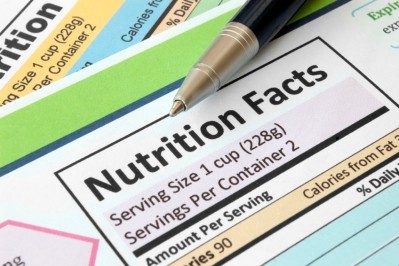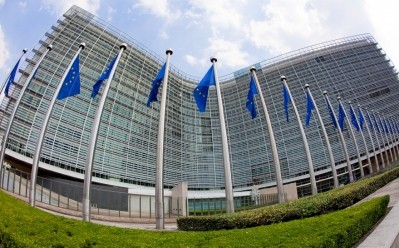Hot political potatoes: DG SANCO head talks suspended caffeine and bowel botanical claims

Speaking at the annual conference for the Association of the European Self-Medication Industry (AESGP), Basil Mathioudakis said the claims had proved problematic politically, despite EFSA's scientific opinion being clear.
Hydroxyanthracene derivatives (HD) made botanical history in October last year when it became the first substance in this sector to gain a positive scientific opinion from the European Food Safety Authority (EFSA). Previous botanical applications had been rebuffed by the authority for lack of conclusive scientific evidence for a cause and effect relationship between the substances and their purported health benefits.
However forwarding the positive opinion on to the Commission, EFSA's Dietetic Products, Nutrition and Allergies (NDA) panel flagged concerns surrounding laxative side effects when taken for more than a few weeks.
Meanwhile Mathioudakis said a decision on caffeine had been pushed back again to April 2015 in light of new evidence and opinions from national bodies. Both claims are currently on hold.
"These are some hot potatoes," he said, pointing also to the issue of monacolin K in red yeast rice in combination with artichoke leaf dry extract.
He said the Commission was "paying attention to certain warnings", adding later that claims must be considered alongside safety and quality. The Commission now faces three legal cases for its "failure to act" regarding botanical claims, one of which has been rejected while the other two have hearings this month.
Discussing the claims at the same event, Dr Valeriu Curtui, head of EFSA's nutrition unit, said the panel had performed its duty as a risk assessor to deliver a scientific opinion.
On HD, he said: "Scientifically we could not say it didn't work. Please understand - there was no way to say we did not have an opinion, or that it doesn't work. It does work."
Why the delay?
Mathioudakis said the decision "to give priority to other claims" aside from botanicals was taken because of questions raised on comparisons between food supplements and traditional medicines.
He was aware of a sense of frustration over the delays, but said it had never stopped working on the botanical issue and added that figures showed it was being proactive overall. "Those who say the Commission is doing nothing just have to see the figures. We are not just putting things on hold for the sake of it."
There are now 30 nutrition claims and 254 health claims permitted in the EU since the regulation became law at the of 2007. In that time 1995 health claims have been rejected, and another 2165 (mostly botanicals) are under consideration.
Animal, mineral, vegetable
At the event, speakers - from medical and food backgrounds - discussed whether botanicals should be classed as foods at all.
Mathioudakis said: "We have to take into account what the legal framework is for foods. The market is playing the game in the way the law allows. Now it's what authorities do with that claim. It is another hot potato."
He said there had been, "more and more arrogance from the food side", and added there may well be questions of whether botanicals should be on the market as food supplements at all.
"What would be necessary in trying to avoid abusing the market? This is not only in the interest of competition, but also in order to ensure safety and proper information for consumers."
Commenting on the botanical divide between food and pharma, he said: "The common interest is to increase the cake, but there are differences in how to cut the cake."
He said harmonisation between the two sectors and their respective agencies would need to be considered as economic growth in the area continues.
Curtui said it was not for EFSA to decide whether botanicals were classified as food or not, but added there were huge discrepancies between member states on where the divide lay.
















